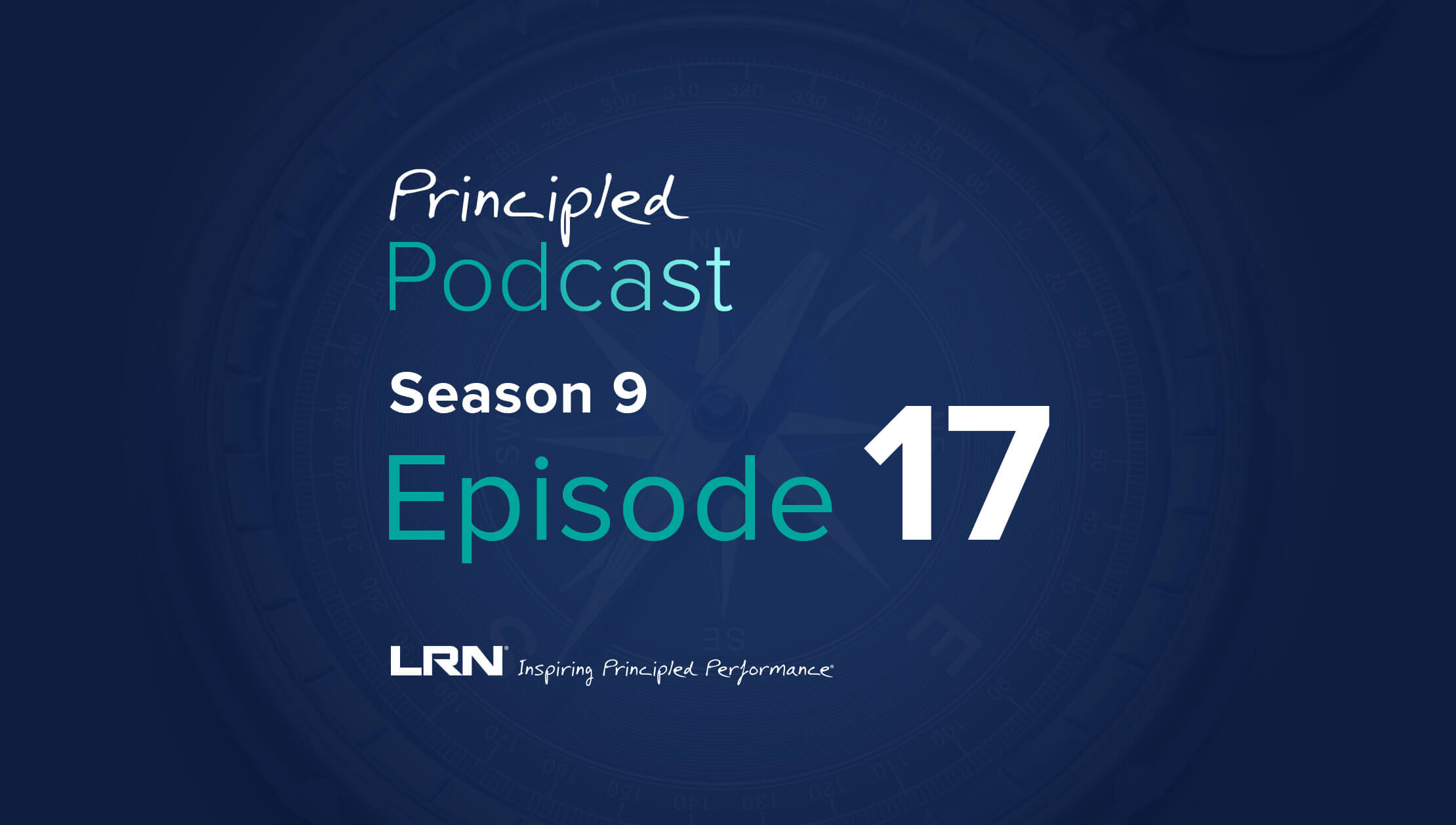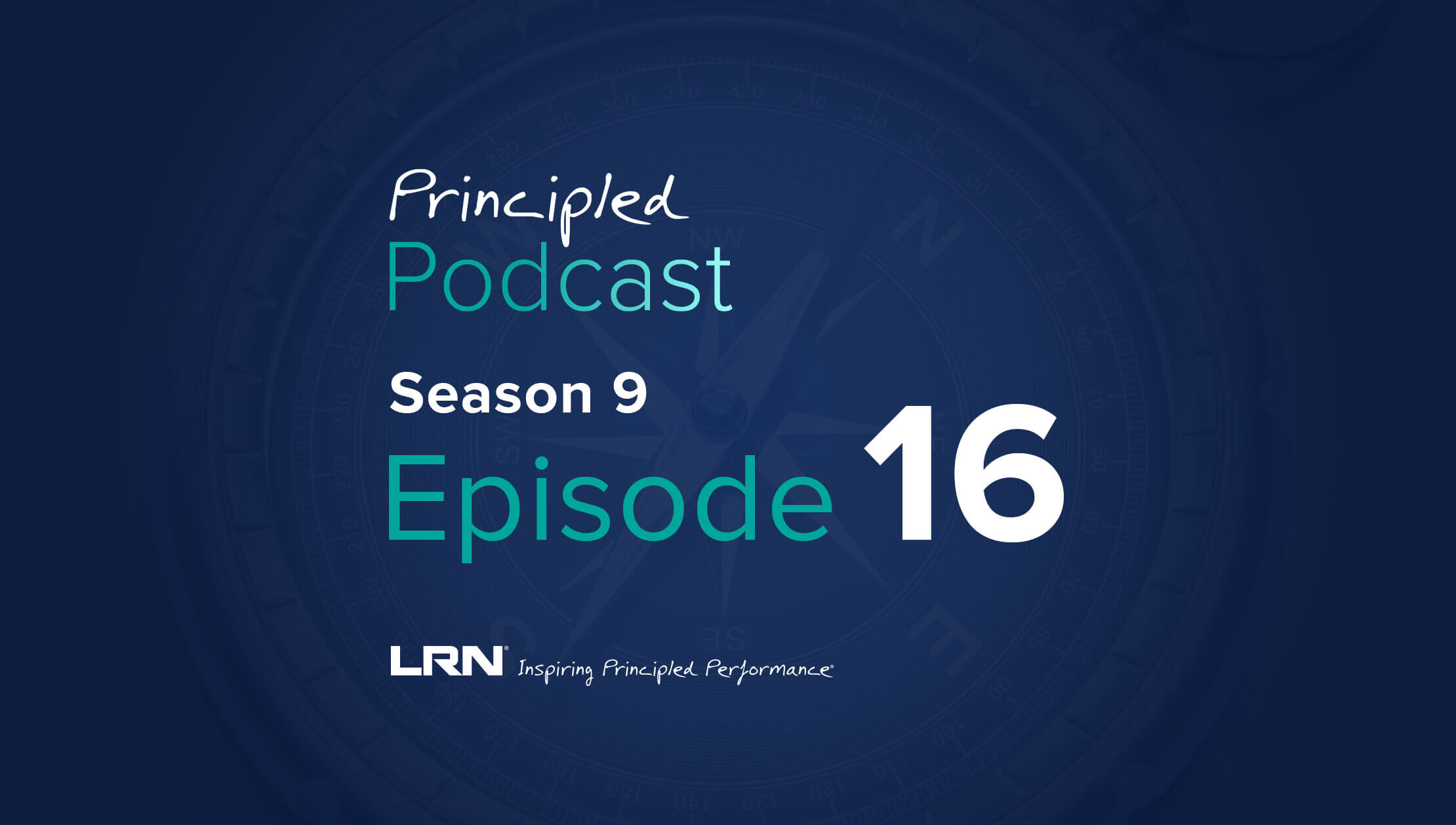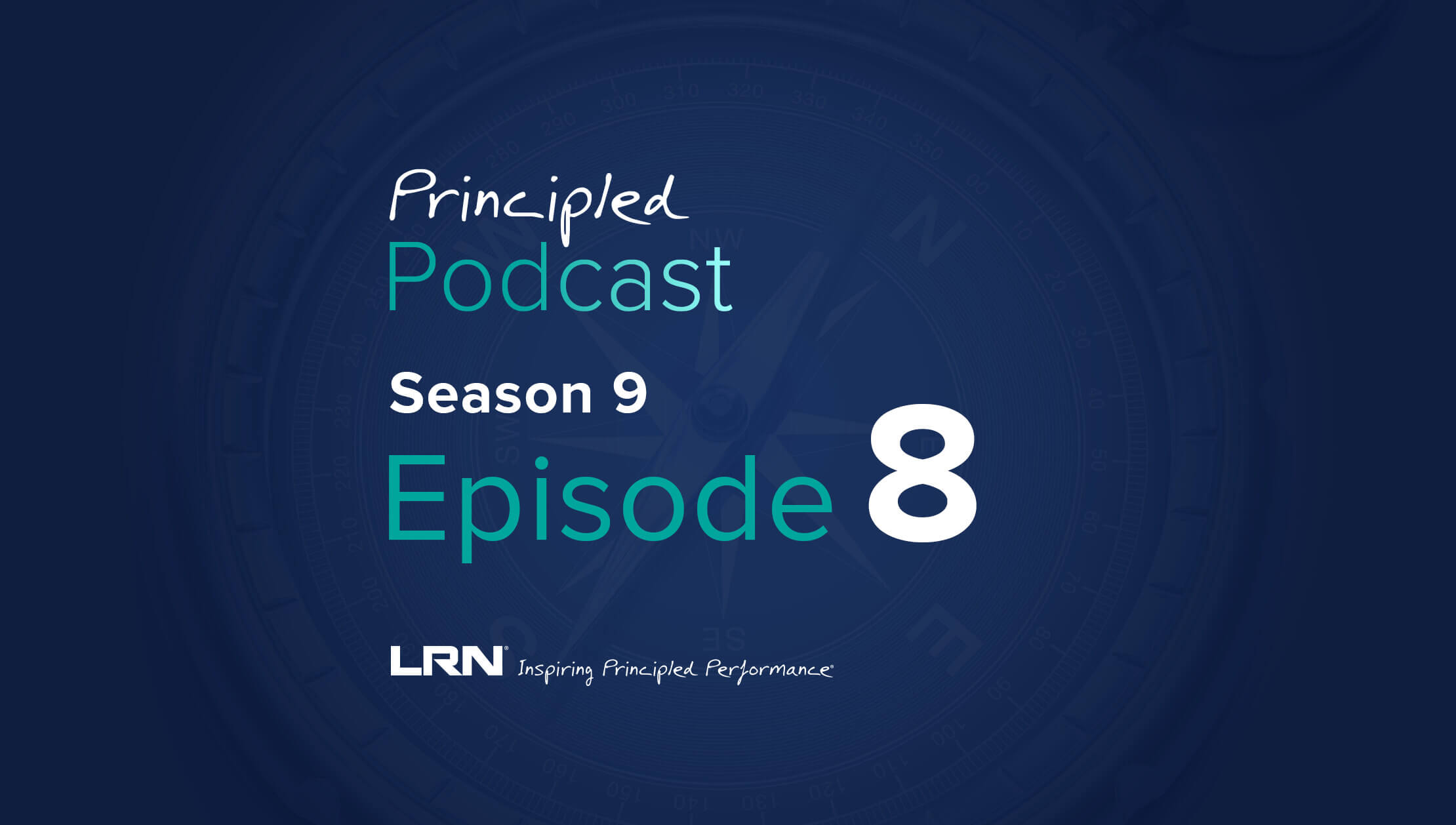For an ethics and compliance program to be effective, it has to be built into the business. If a program is just bolted on, and not a fundamental part of the way the company conducts itself, it probably isn't going to have a positive impact on employee and stakeholder behavior.
LRN's Susan Divers points out many scandals have occurred at companies that have what are considered strong codes of conduct, comprehensive training programs and robust audit oversight. "But clearly they haven’t been able to change behavior," she said.
That points to a failure of the board to supervise what was happening at the company, she said, pointing to the situation at CBS and its ousted chief executive, Les Moonves, as one of the most publicized recent examples of such behavior.
"The #MeToo movement starkly showed, in narrative form that everyone could understand, that boards drop the ball when a high-level executive is at issue," said Divers.
So, what can boards do to change that? And how can compliance play a role in bringing about greater awareness of, and a greater respect for, the idea that good behavior and effective oversight can make for better-performing companies?
Divers and LRN's David Greenberg partnered to create a video as part of a new LRN course that gives compliance officers the tools they need to start a conversation with the board, and to lead a discussion on how the board can bring ethics and compliance to a higher place of prominence on its agenda.
A board can send a strong signal with how it spends its time, and the way it prioritizes issues, said Greenberg, who serves on a board of a publicly traded company. Boards are very good at letting senior management know what is important--and if they don’t let management know this is important, it won’t cascade throughout the company as important, he said.
Among the questions the board should be asking:
- Is it part of the way the company does business?
- Is it part of what senior leaders say and do?
- Are there concrete objectives and accountability to senior leadership for ethics and compliance?
- Are there tangible metrics to influencing behavior and outcomes that the board sets and discusses?
- Can employees demonstrate actual knowledge of the program, have a belief of the program, knowledge for what to do?"
- And, perhaps most importantly: Does the board have a meaningful and open relationship with the ethics and compliance chief?
"If they don’t have that strong relationship and something needs to be talked about--particularly if it involves the CEO or C-suite--a compliance officer who isn’t known by the board, isn’t trusted by the board, who doesn’t trust the board, is less likely to come forward than one who does," said Greenberg. "You can’t build that relationship in a crisis, it has to be developed before the crisis."
The first step is to get the board to stop pushing ethics and compliance into the "pre-read" packet of information directors get before a board meeting that, as Greenberg put it, they "read and file away and never talk about." Neither will giving compliance five minutes at the end of the board meeting be sufficient.
Compliance Needs a Plan
Behavior needs to be a real priority for the board, and that means asking the compliance chief for a real business strategy, not a set of activities or a list of goals it is trying to accomplish. The board should focus on what the outcomes are going to be, how will effectiveness be measured, and what the impact on the business will be, said Greenberg.
"No other function gets away with just describing activities," he said. "We have to get to impacting the company, its lifeblood, its performance, and even its bottom line. There have to be concrete expectations to accountability, to ethics and compliance, for senior leadership."
This makes it an issue for senior management, not ethics and compliance, he said. "If you don’t define strongly and measurably in what the chief ethics and compliance officer and his team are doing, then you probably do not have an operational program."
One of the most important things a board can do, said Divers, is to learn how questions, issues and complaints are raised and to ask hard, searching questions about retaliation.
"One of the things I see over and over is frequently, if not always, is that employees do raise issues that later turn into scandals, but in companies that have major meltdowns they don’t get addressed, and sometimes people are fired or punished for raising them," she said.
People either raised issues or it was known a particular person was engaging in improper behavior and it was being tolerated. That means boards and companies need to encourage listening up as much as speaking up, she said.
"That would discourage people from coming forward, and that lets the problem get worse," said Divers.
Greenberg said no scandal has ever happened without someone inside the organization knowing about it. That person had a choice to say something or not. That is the single most decisive...point where a problem get fixed or it gets bigger.
"If a company creates a culture where the right thing do is to come forward and there is no retaliation, that sends a very important signal," he said.
Greenberg said he finds it a bit funny when boards ask him how they can do better at overseeing ethics and compliance, since they don't have to ask how to figure out if the company is profitable, if its marketing program is working, or if its operations are efficient.
There are different answers but it comes down to focusing on it, making it a priority, sending the right signals and setting expectations that need to be met. Boards haven't taken that same direct approach to ethics and compliance, said Greenberg.
Many programs, despite money, exist more on paper than in practice--not in the sense there’s not real activity but in the fact they don't really reach many of the employees involved in making decisions every day. "They probably are not reaching behavior at its most important point, when the rubber hits the road and a tough choice has to be made, that's the most difficult one," he said.
"It’s easy to answer a question on a test and get it right; it’s more complicated, more profound, when you are confronted with a situation that feels like you may have to choose between short-term profit and doing the right thing," said Greenberg. "If boards, companies don’t find a way of looking at the unwritten rules and how they influence behavior, even billions of dollars on compliance isn’t going to be enough."
For more on this topic, watch this webcast replay on the role of boards in overseeing ethics and compliance featuring LRN's Susan Divers and David Greenberg.



